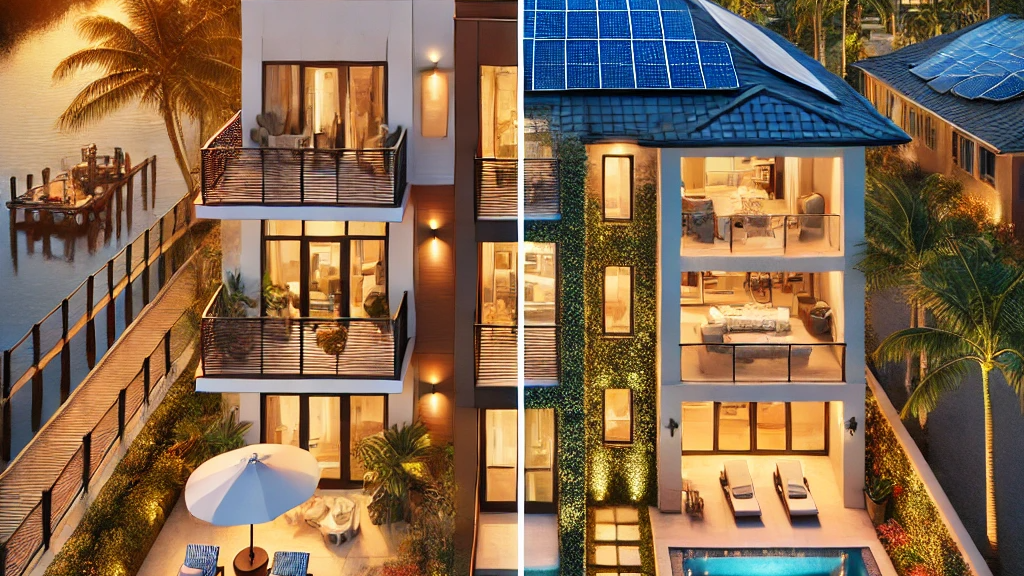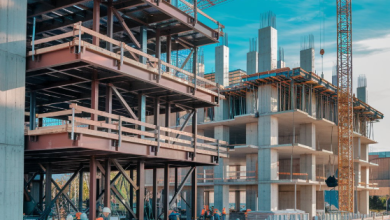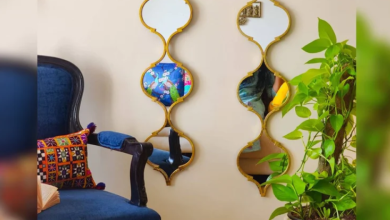Renting vs Buying a Luxury Property: Which Makes More Sense in 2026?

In 2026, the luxury real estate landscape in India—and globally—is evolving. Ultra-rich millennials, digital entrepreneurs, and NRIs are rethinking traditional ownership in favor of flexible, experience-driven lifestyles. But is renting a better choice than buying when it comes to luxury properties? Let’s break it down based on current trends, financial factors, and lifestyle needs.
1. The New Luxury Real Estate Buyer in 2026
Luxury real estate in 2026 is no longer just about opulence—it’s about enhancing quality of life. Today’s buyers seek homes that offer wellness spaces, smart automation, privacy, and flexible living. It’s a shift from simply owning space to owning an elevated lifestyle.
Who’s buying?
High-net-worth individuals, tech founders, digital creators, NRIs returning with fresh expectations, and affluent Gen Z buyers are choosing properties that reflect their values and ambitions.
Who’s renting?
On the other hand, expats, remote professionals, and digital nomads prefer luxury rentals for the freedom to move, test markets, or live temporarily in prime areas without long-term commitments.
2. Financial Implications: Rent vs Buy in 2026
In 2026, deciding whether to buy or rent a luxury home isn’t just a lifestyle choice—it’s a financial strategy.
Buying offers long-term advantages like equity build-up, asset appreciation (especially in prime zones like Goa, Alibaug, or Lutyens Delhi), and potential rental income if you lease the property. Tax deductions and leverage (home loans) make it attractive for wealth creation. But, the initial cost is steep—think 20-30% down payment, stamp duty, and registration fees. Add in high maintenance and property taxes, and it becomes clear: buying requires strong capital and commitment.
Renting, however, offers flexibility and financial freedom. You can live in elite locations without locking in crores. It’s ideal for those with fluid careers, international movement, or evolving lifestyle goals. But keep in mind: rent doesn’t build wealth, and premium rentals often cost ₹3–5 lakh/month in top cities. Plus, tenants face customization limits and lease constraints.
3. Lifestyle Flexibility: The 2026 Perspective
Your home is no longer just a place—it’s part of your evolving lifestyle.
Buying a luxury property signals that you’ve chosen a long-term base. It suits those seeking stability, legacy, or a home for family life. But it also comes with commitments—legal processes, upkeep, and limited mobility. You’re tied to one location, which may not align with careers or passions that span cities or countries.
On the flip side, renting offers unmatched freedom. Want to spend winters in Goa and summers in Shimla? Or relocate based on business, climate, or convenience? Renting lets you do that—without the baggage of ownership.
In 2026, luxury rentals go beyond four walls. Think fully serviced villas with concierge, housekeeping, private chefs, and even wellness subscriptions. It’s a perfect setup for globetrotting entrepreneurs, remote executives, or those who value experiences over permanence.
4. ROI Analysis: Is Luxury Real Estate a Smart Investment in 2026?
Top-tier markets like Mumbai’s Worli, Delhi’s Golf Links, and Bangalore’s Koramangala continue to deliver 8–12% annual price growth, driven by limited supply and elite demand. Meanwhile, emerging luxury hubs such as Alibaug, North Goa, and parts of Hyderabad are offering even higher ROI due to tourism growth, infrastructure upgrades, and investor interest.
If you’re buying to invest, 2026 is leaning toward:
- Second homes doubling as luxury rentals or Airbnb-style stays
- Fractional ownership models through REITs and prop-tech platforms
- NRI buyers targeting gated, fully-managed luxury residences for rental income
For renters, the strategy is different:
- Your capital stays free for faster-return investments like startups, stocks, or crypto
- You gain access to premium lifestyles without market or liquidity risks
Buying makes sense for building long-term, generational wealth. But if you value financial agility, lifestyle variety, or are just exploring the market, luxury renting is a powerful, low-risk alternative.
5. Emotional & Psychological Factors
Beyond financials, the emotional weight of owning or renting a luxury home can deeply shape your lifestyle and mental well-being.
Buying a luxury property offers a strong sense of stability, identity, and emotional grounding. For families, it creates a feeling of permanence—your children grow up with memories tied to one home. There’s also the freedom to personalize, from interiors to energy-efficient upgrades, turning a house into a true expression of self.
However, with permanence comes pressure—fear of making the wrong investment, stress around long-term commitments, and reduced flexibility in life choices.
Renting, on the other hand, brings emotional freedom. There’s less attachment, making it easier to relocate or rethink decisions. You’re not locked into a property, market trend, or neighborhood. For many modern professionals and next-gen buyers, this lightness—a minimalist, experience-first approach—feels liberating.
Plus, there’s no stress about market crashes, resale value, or sunk costs, allowing you to enjoy the space for what it is: a temporary haven.
6. Taxation, Legal & Maintenance in 2026
In 2026, the backend responsibilities of owning or renting a luxury property have become more complex—and digital.
For buyers, the journey doesn’t end at possession. If the property is priced above ₹50 lakh (which most luxury homes are), a 1% TDS is mandatory at the time of purchase. You’ll also pay annual property taxes, which vary by location and municipal norms.
If it’s a second or investment home, wealth tax implications may apply, especially for vacant or underutilized properties. Beyond taxes, you’re responsible for regular maintenance, renovations, society fees, and handling legal documentation—often requiring professional help or property managers.
For renters, it’s much simpler. You pay a security deposit, sign a digitally enabled rental agreement (now commonly RERA-compliant), and enjoy the property without worrying about taxes or maintenance.
💡 Pro Tip: With India’s fintech and proptech growth, luxury leases are now managed through secure digital platforms—offering tenants legal protection, transparency, and ease like never before.
7. Verdict: What Makes More Sense in 2026?
Deciding between buying or renting a luxury property in 2026 ultimately comes down to your financial goals, lifestyle preferences, and how rooted you want to be. If you choose to buy, be prepared for a high upfront cost—typically 20–30% of the property value—along with ongoing taxes, maintenance, and legal responsibilities. However, this route gives you long-term return on investment, emotional ownership, full customization freedom, and the chance to build generational wealth. Buying is best suited for those who are financially stable, planning to settle long-term in India, and want to create an appreciating asset or generate rental income from a high-value location.
On the other hand, if you opt to rent, you’ll enjoy greater flexibility, lower upfront commitments (usually 2–6 months’ rent as deposit), and access to some of the most elite locations across India without being tied down. Renting is perfect for expats, digital nomads, consultants, or those still exploring where they want to live. You won’t benefit from property appreciation, but you also avoid market risks, legal burdens, and heavy costs—making it a smart choice if you prioritize experiences, agility, and low-stress living.
“In 2026, luxury isn’t defined by bricks or ownership—it’s defined by how well a home fits your life. Whether you’re buying roots or renting freedom, the real value lies in lifestyle alignment, not just real estate.”— Pawan Sharma, Real Estate Expert & Founder, AddressofChoice.com
Closing Thought
“Ownership is powerful, but in 2026, lifestyle freedom might just be priceless.”
The choice between renting vs buying a luxury home is deeply personal. In 2026, there’s no one-size-fits-all solution—but being aware of evolving market trends, financial strategies, and lifestyle shifts will help you make the smartest decision for your future.








